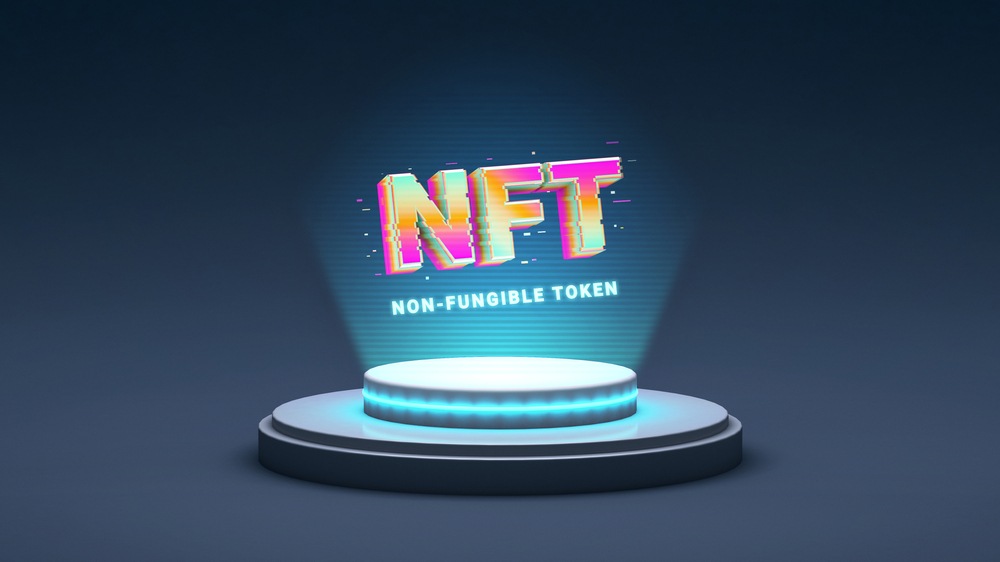Ghana Post released a set of “crypto stamps” on May 9 tied to non-fungible tokens (NFT stamps )to mark the 25th anniversary of His Majesty Otumfuo Osei Tutu II’s rule.
This project combines traditional Ghanaian culture with cutting-edge blockchain technology to create a one-of-a-kind way to honour the King’s Silver Jubilee.
Read also: Signboards app launches in Ghana
Ghana NFT Stamps: Bridging Tradition and Technology
A near-field communication (NFC) device on the $18 or 250 Ghanaian cedi stamp lets the user scan it with a smartphone to access its digital counterpart, a blockchain-stored non-fungible currency. NFC discourages counterfeits.
These stamps are rare, with only 7,200 available. The postal service’s stamps reflect Ghana’s “identity” and combine “traditional values” and “wild anticipations” of the future, according to the Minister of Communications and Digitalisation.
In April 1999, His Majesty Otumfuo Nana Osei Tutu II became one of seven “presumptive heirs” to the throne. His name follows the 17th-century Ashanti Empire founder. He got the “Pillar of Peace Award” in 2019 for resolving a Dagbon issue.
Ghana Post introduced Africa’s first Crypto Stamp. Although overseas collectors can buy the stamp, the Ghana Post website did not list international shipping costs.
Ghana Ranks No. 9 in Worldwide Crypto Adoption
Out of the 27 countries the company looked at, Ghana has the ninth most crypto users. It is higher in this country than in many developed ones, like the US and Japan, where only 17% of people own cryptocurrency.
Of the 17% of Ghanaian adults who said they owned crypto, 70% were between 18 and 34, with the number dropping sharply in older age groups. That indicates, like in many African nations, the youth are adopting crypto as part of their wealth-building strategies.
Read also: Tripcel Introduces Travel e-SIM in Nigeria, West Africa
Ghana has been beset with economic problems since the 2019 Coronavirus Pandemic, with inflation at 32% in July 2022. In the country, there is an interest in U.S. dollar-pegged stablecoins such as Tether and USDC rather than traditional cryptocurrencies, which may be more volatile.
Blockchain technology has real-world applications in the country. Ghanaian business Bitland uses blockchain to assist residents in getting land rights and improving their finances. The 34-million-person nation has no crypto industry rules, but the Central Bank (Bank of Ghana) has warned of crypto asset hazards. The Bank of Ghana will issue a Central Bank Digital Currency (eCedi) at an unspecified date.




